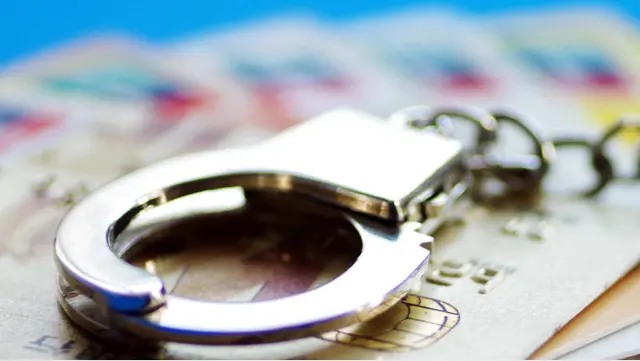No consultation was made Friday about the deployment of an advanced U.S. missile defense system, the Terminal High Altitude Area Defense (THAAD), on the Korean Peninsula during talks between South Korean Defense Minister Han Min-koo and visiting U.S. Secretary of Defense Ashton Carter.
"There has not been any decision made by the U.S. government and neither has there been any consultation on the deployment of THAAD between the two governments," Han said during a joint press conference after the dialogue with Carter who arrived Thursday in South Korea, the second leg of his first Asian tour since he took office in February.
Before coming to Seoul, Carter made a three-day visit to Japan, one of the two major U.S. allies in Asia along with South Korea.
"That wasn't on the agenda today," Carter also said, noting that the two countries are not at the point to discuss the THAAD deployment as the United States is in the process of producing the missile defense system.
Ahead of Carter's visit, much attention had been paid to whether Carter and Han would discuss or mention the THAAD, which the United States has wanted to deploy on the Korean Peninsula.
Carter said that the time when the production of the THAAD system will be completed has yet to be decided, and that after the completion of production, decisions on the possible deployment and how many missiles would be produced will be made.
The Pentagon chief said that the United States is making efforts to "stay ahead of ballistic missile threats" to protect U. S. forces in South Korea as well as in the Asia-Pacific region.
As part of the protection strategy, the U.S. military has recently added its land-based interceptor system to Alaska, while cooperating with South Korea and Japan in terms of missile defense, Carter said.
The United States has wanted South Korea and Japan to deepen military cooperation in Asia to meet the Obama administration's " rebalance toward Asia" strategy, but territorial and historical disputes between Seoul and Tokyo increased tensions between the two Asian nations.
On Monday, Japan approved 18 textbooks for middle school students, which distorted history and laid territorial claims to Dokdo islets, called Takeshima in Japan, which lie halfway between the two countries.
Touching on this, Carter said he sufficiently understands how important the historical issue is in the Asian region, hoping that both sides would resolve the issue toward reconciliation.
The U.S. official said that he talked with Han about the DPRK's weapons of mass destruction, including ballistic missile threats from the DPRK, which he said put at risk peace and stability on the Korean Peninsula, in the region and the U.S. mainland.
The defense chiefs also shared the view that the DPRK's recent cyber hacking attacks, bellicose rhetoric towards South Korea and other threats constitute acts of serious provocation, Han said.
During his introductory remarks before talks with Han, Carter said that he is anticipating his scheduled visit to the memorial site for the Cheonan warship, which he called a reminder of the DPRK's threats to the South Korea-U.S. alliance.
In 2010, the South Korean Navy corvette Cheonan sank off the disputed western maritime border in what Seoul claimed was a torpedo attack by the DPRK, a charge repeatedly denied by Pyongyang. The incident killed 46 soldiers.
Carter is scheduled to visit the wreckage of the battleship that is on display in Pyongtaek, around 50 km south of Seoul, later in the day. He will go back to the United States on Saturday.
 简体中文
简体中文

